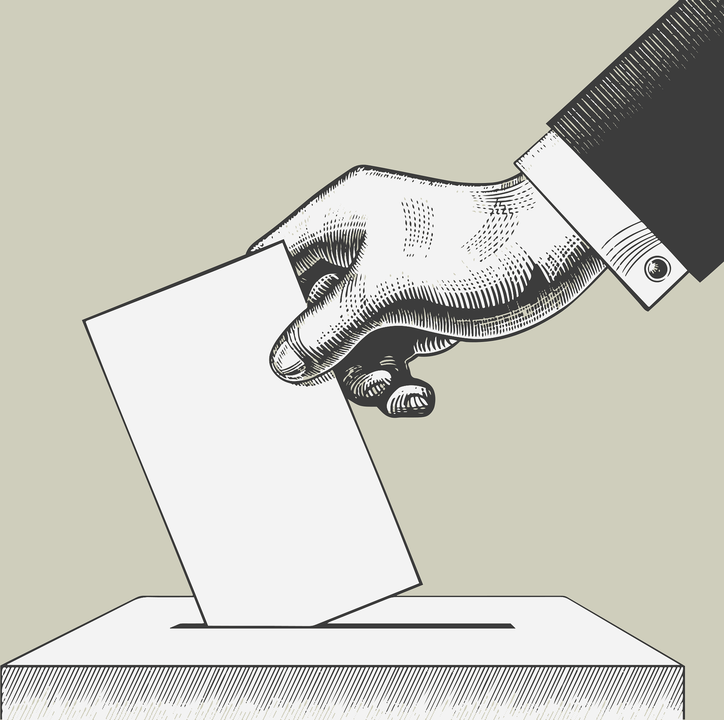El carisma y los votos, por Carlos Rodríguez Braun

Tanto Iñigo Urkullu como Alberto Núñez Feijóo son hombres de partido, pero también figuras más importantes que sus partidos. Esto es más claro en el caso del presidente gallego, cuya estrategia es independiente de la calle Génova, a donde siempre es visto como un posible relevo del secretario general. El líder vasco, por su parte, no tiene un partido que trascienda la comunidad autónoma, pero su capacidad de influencia a escala nacional es notoria. Tras estas últimas elecciones se reforzará tanto su alianza con el Partido Socialista de Euskadi en el plano local, como su peso en las negociaciones con el Gobierno de Pedro Sánchez a escala nacional.
Las elecciones se ganan desde el centro, dando por supuesta una distribución normal de las opiniones de las personas, que solemos apartarnos de los extremos. Los políticos procurarán lanzar mensajes que atraigan al mayor número posible de votantes. Como hay varios que hacen lo mismo, la puja es difícil, pero tanto Urkullu como, sobre todo, Feijóo, han probado su destreza en la misma, presentándose como moderados, pragmáticos, y eficaces. El primero se apartó de EH Bildu, cuyo nacionalismo comparte, y el segundo lo hizo de los demás partidos de centroderecha, pensando, con acierto, que no los necesitaba para dar una imagen centrista.
Todo esto, naturalmente, no quiere decir que sus políticas sean buenas, sino han acertado en la diana electoral, al contrario de Unidas Podemos, que ha sufrido un derrumbe espectacular, precisamente porque no supo situarse donde están los votos y jugó a ser izquierdista y nacionalista, un terreno donde había otras opciones.
Hace treinta años, a comienzos de la década de 1990, entrevisté para “Cambio 16”, junto al añorado Juan Tomás de Salas, a José María Aznar, antes de que fuera presidente del Gobierno. Entonces era criticado porque se aseguraba que le faltaba carisma. Efectivamente, resultaba evidente que era mucho menos atractivo y simpático que Felipe González. Le pregunté qué pensaba del asunto y me respondió: “el carisma son los votos”. O sea, dije, que cuando tenga los votos suficientes será usted más alto. Sonrió y respondió: “y la gente se dejará bigote”.
 Opinión, por Carlos Rodríguez Braun
Opinión, por Carlos Rodríguez Braun
Charisma and votes
Carlos Rodríguez Braun
Both Iñigo Urkullu and Alberto Núñez Feijóo are party figures, but they are also figures who are more important than their parties. This is clearer in the case of the Galician president, whose strategy is separate from Calle Génova, where he is also seen as a possible replacement for the secretary general. In turn, the Basque leader does not have a party that transcends the autonomous community, but his capacity to influence on a national scale is well-known. After the latest elections, his partnership with the Basque Socialist Party will be strengthened on a local level, as well as his influence in the negotiations with the Government of Pedro Sánchez at a national level.
Elections are won from the centre, assuming a normal distributions of the opinions of people, who tend to stay away extremes. Politicians will try to launch messages that attract the largest possible number of voters. As there are several doing the same thing, the fight is difficult, but both Urkullu and, above all Feijóo, have tested their skill in it, presenting themselves as moderate, pragmatic and effective. The former distanced himself from EH Bildu, whose nationalism he shares, and the second did so from the other centre-right parties, thinking, successfully, that he didn´t need them to give a centrist image.
All of this, naturally, doesn´t mean that their policies are good, but they have hit the electoral target, unlike Unidas Podemos, which has suffered a spectacular collapse, precisely because it was unable to position itself where the votes are and it played at being leftist and nationalist, terrain where there were other options.
Thirty years ago, at the beginning of the 90´s, I interviewed for “Cambio 16”, alongside the much-missed Juan Tomás de Salas, José María Aznar, before he was president of the Government. He was criticised back then because it was stated that he lacked charisma. Indeed, it was clear that he was much less appealing and likeable than Felipe González. I asked him what he thought about the matter and he responded: “charisma means votes”. So, I said, when you have enough votes you will be taller. He smiled and answered: “and people will grow a moustache”.

